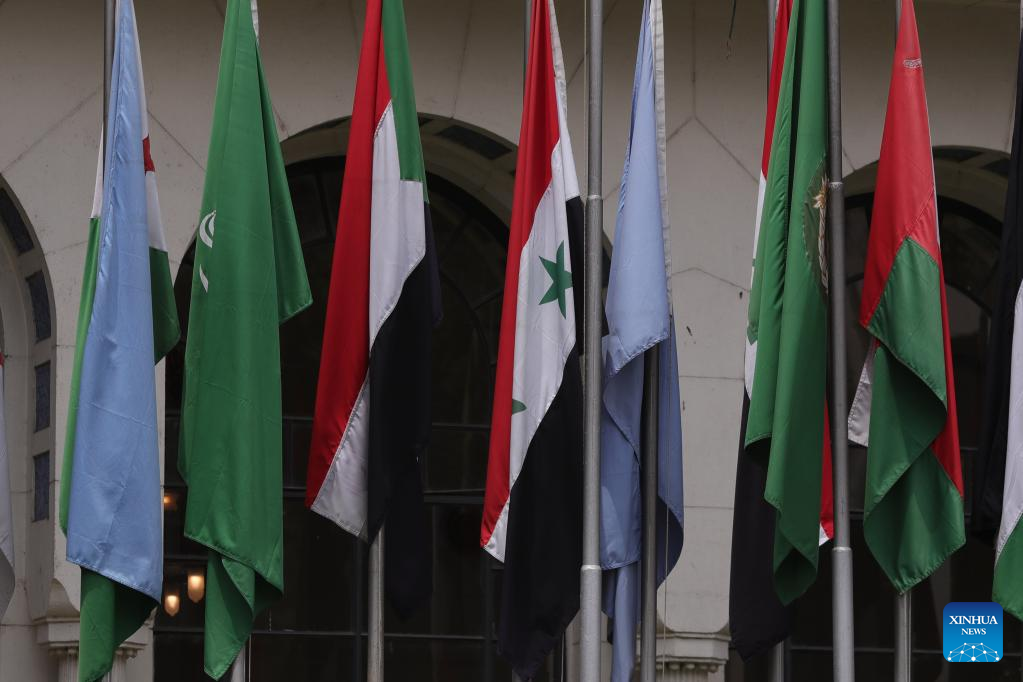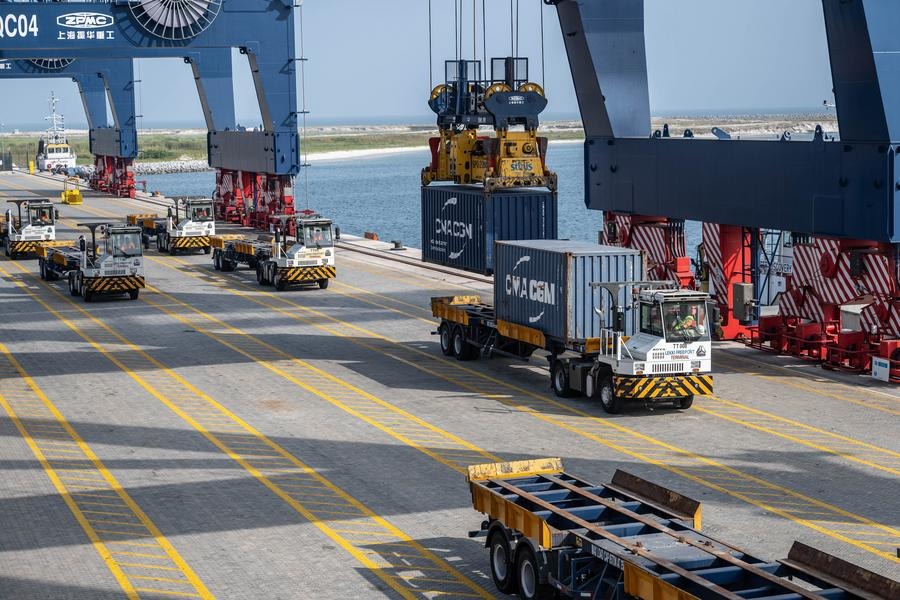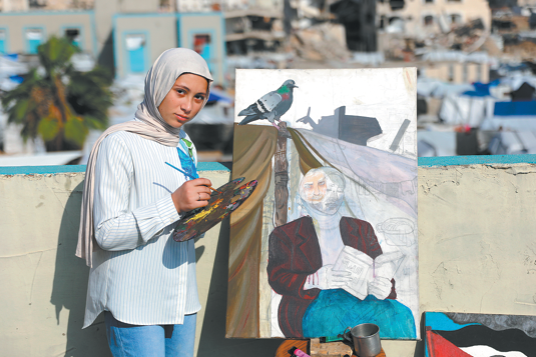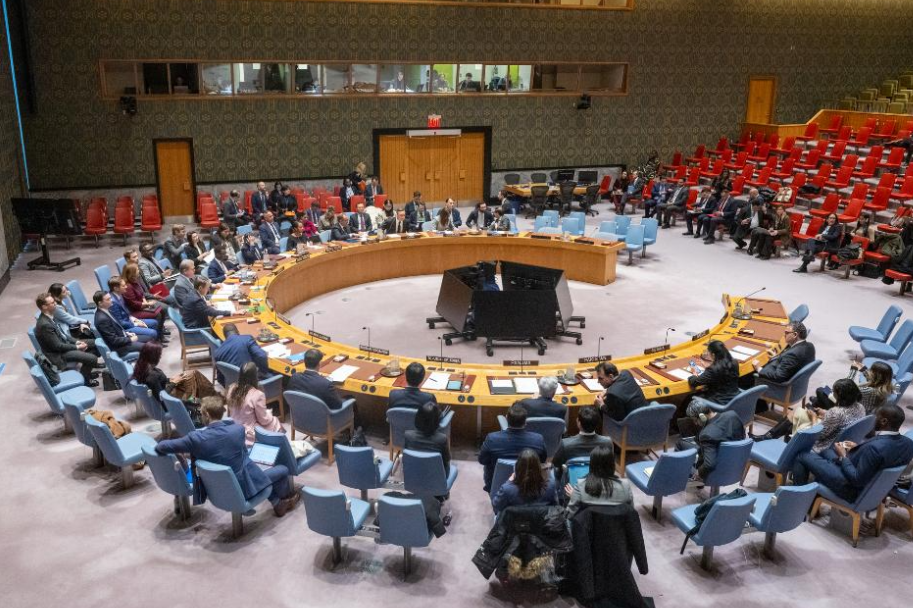Riyadh-Damascus thaw seen spurring region's growth


With Riyadh and Damascus agreeing to resume their diplomatic missions just days after Syria's reinstatement into the Arab League, the Gulf and Arab region are well on the path to joint recovery and development, according to analysts.
Twelve years of isolating Syria did not serve its purpose, so the Riyadh-Damascus rapprochement is seen to impact the broader Middle East peace process and fulfill the economic ambitions of the countries in the region, they said.
On Tuesday, the Syrian Foreign Ministry announced the resumption of its diplomatic mission in Saudi Arabia after a mutual move from the kingdom, according to the ministry.
The move was a follow-up on an announcement on April 12 when the Syrian Foreign Ministry said that Syria and Saudi Arabia had agreed to resume consular services and air flights between the two countries, after Syrian Foreign Minister Faisal Mekdad visited Riyadh for the first time since 2011.
Clemens Chay, a research fellow at the Middle East Institute at the National University of Singapore, said that Riyadh "will look to claim another diplomatic win" after the one that it had scored when the recent China-brokered Saudi-Iran deal was reached in March.
"Saudi Arabia has now cast its doubts aside to look at the bilateral relationship from a regional angle, with some degree of Arab solidarity in mind," said Chay.
Mohammad Salami, associate researcher at the International Institute for Global Strategic Analysis, said: "Syria is a main pillar in the development of Palestine and Lebanon, so the move was a two-way street. Without it, Saudi Arabia cannot complete the issue of peace in the Middle East and, on top of that, the possible future peace with Israel."
Syria on Sunday was re-admitted into the 22-member Arab League after its suspension in 2011.
Rebuilding process
Henelito Sevilla Jr, a West Asia analyst and dean and professor in the Asian Center at the University of the Philippines, said: "It has to be noted also that the reacceptance of Syria has to do with the rapprochement recently of Saudi Arabia and Iran, hence, Saudi's role was very critical in winning back Syria in the league."
Mehmet Rakipoglu, a Gulf analyst and coordinator of academic studies at Dimensions for Strategic Studies, a think tank based in London, said that not all in the Arab bloc may agree with normalizing relations, but the consensus sees Assad as part of Syria's future in the rebuilding process.
"(The Arab League) sees Assad as one of the actors in the future of Syria that's why they try to engage with the regime," said Rakipoglu.
"I do think that the Saudi role makes a difference. And the kingdom has an interest in being a leader in the Arab region, and will help push other Gulf states to follow its steps. But I am concerned about the American role which may hinder the process," said Khaled Almasri, a former dean of the Faculty of International Relations and Diplomacy at Al-Sham Private University in Damascus.

































